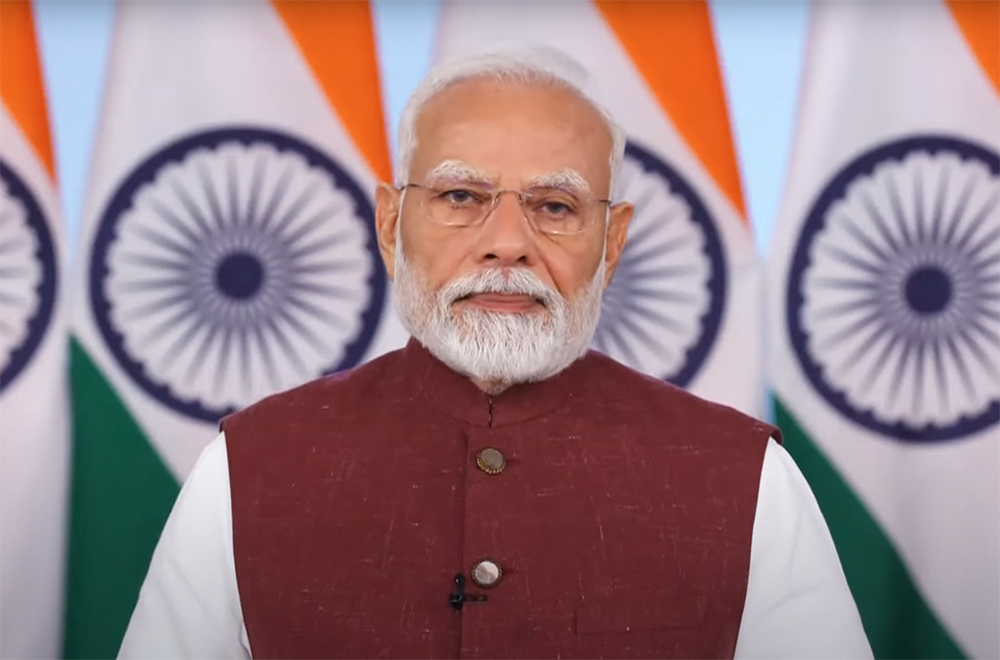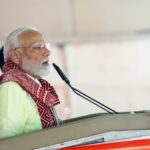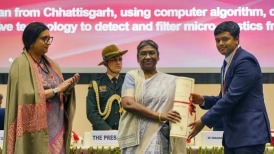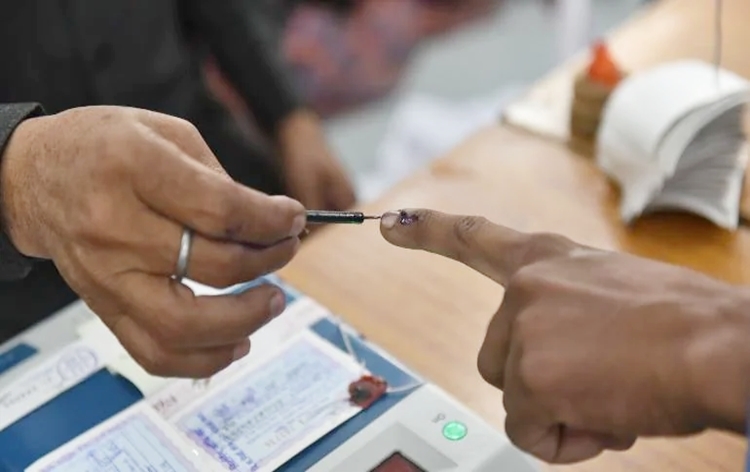NEP 2020 policy of the people, by the people and for the future of people: Dharmendra Pradhan
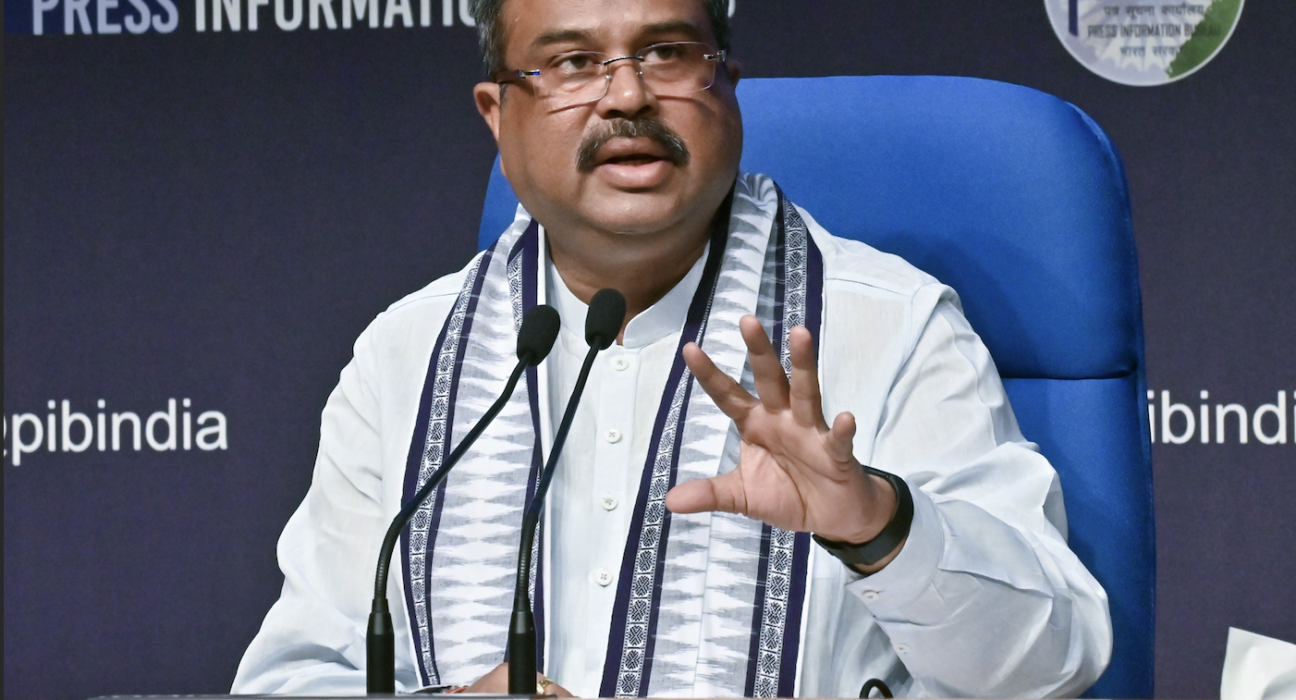
Union Minister of Education Dharmendra Pradhan on Wednesday hit out at Congress leader Sonia Gandhi, saying that corruption and governance deficit were the defining features of the country’s educational past, and the NEP 2020 represents a decisive break from this inglorious past.
In a newspaper article published in The Hindu and shared by the Minister on his X handle, he stated that NEP 2020 is not merely an education reform but “an intellectual decolonisation that India had awaited for a long time.” He described it as a policy of the people, by the people, and for the future of the people.
Furthermore, the Prime Minister Narendra Modi hailed the NEP 2020 as India’s intellectual renaissance, paving the way for a self-reliant, globally competitive nation through education and innovation.
Responding to a post by Pradhan on X, PM Modi stated:
“Union Education Minister Shri @dpradhanbjp highlights how India’s education sector has undergone a historic transformation in the last decade. NEP 2020 is more than a reform; it is India’s intellectual renaissance, paving the way for a self-reliant, globally competitive nation through education and innovation.”
Sonia Gandhi recently accused the Modi-led government at the Centre of following an agenda “leading to damaging consequences in the domain of education.” The veteran Congress leader said there are ‘3Cs’ that haunt Indian education today—centralisation, commercialisation, and communalisation.
In a detailed rebuttal to Sonia Gandhi’s article in the same newspaper, Minister Pradhan says he writes to showcase the true picture of India’s educational transformation.
He said it has been argued that the education system in India has veered off its course in the last 11 years of the Narendra Modi government. “In fact, nothing could be further from the truth. The country that witnessed the monumental neglect of the education system by previous governments is deeply aware of the unpleasant truth. While nations across the world reimagined education for a rapidly evolving world, India’s educational framework remained trapped in a time capsule, with the last major policy update in 1986, which was marginally amended in 1992,” the minister said.
He said this was a deliberate perpetuation of colonial mindsets accompanied by a move to insulate the country from rapid technological changes taking place in the world.
Describing what past policy was like, Pradhan said corruption and a governance deficit were the defining features of the country’s educational past. “Public universities were systematically starved of funds. Unregulated private institutions mushroomed into degree mills. Those who suffer from selective amnesia need to be reminded of the infamous Deemed University scandal of 2009. University status was granted to 44 private institutions without proper evaluation, with many found guilty of financial irregularities. Political interference in education was rampant,” he said.
The Minister said that institutions like the University Grants Commission and the All India Council for Technical Education became instruments of control rather than enablers of excellence, and appointments to leadership in universities were based on political loyalty.
He said that textbooks deliberately downplayed the contributions of revolutionaries such as Shaheed Bhagat Singh, Chandra Shekhar Azad, Veer Savarkar, and others while portraying uncomfortable historical truths about foreign invasions. “Historical narratives were carefully curated to serve partisan interests. India’s diverse cultural and intellectual traditions were systematically marginalised. All of these contributed toward creating an education system that remained disconnected from India’s glorious past and devoid of civilisational ethos,” he wrote in the article.
Defending the National Education Policy of 2020, the Minister said it represents a decisive break from this inglorious past and is a product of the most extensive democratic consultations in India’s policy history. “Based on the five pillars of access, equity, quality, affordability, and accountability, the NEP 2020 is a policy of the people, by the people, and for the future of the people,” he said.
He said one of its primary objectives is to correct structural inequities inherited from centralised, rigid, and elitist frameworks. With this transformative approach, the enrolment of Scheduled Castes (SC) in higher education has increased by 50 per cent, Scheduled Tribes (ST) by 75 per cent, and Other Backward Classes (OBC) by 54 per cent since 2014-15.
The Minister said women’s empowerment was at the heart of the reforms. He cited statistics to prove the point and also to show that there has been tremendous growth since 2014 when the Modi-led NDA took over the reins at the Centre. Female enrollment across all categories has grown by an impressive 38.8 per cent, crossing 2.18 crore in 2022-23. Among Muslim minority students, female enrolment rose by 57.5 per cent.
In the board examinations, the performance of girls has shown steady improvement. In higher education, PhD enrolment among women has increased by a whopping 135 per cent. Today, women in the field of higher education STEMM (science, technology, engineering, mathematics, and medicine) constitute 43 per cent, thus shattering the glass ceiling in domains that were traditionally dominated by men. Female teachers now constitute 44.23 per cent of the teaching workforce, up from 38.6 per cent in 2014, thus transforming academic leadership landscapes.
The data represent a fundamental shift in India’s academic ecosystem, with women reclaiming their rightful place in India’s intellectual journey, he said.
“These gains reflect a fundamental shift in priorities. Per-child government expenditure has increased by 130 per cent, from Rs 10,780 in 2013-14 to Rs 25,043 in 2021-22. The government is prioritising early childhood education and foundational learning and numeracy for a child’s overall development, cognitive growth, and future learning,” he said.
Government schools are being upgraded with modern infrastructure, holistic pedagogy, and other support systems. With concerted efforts, the number of out-of-school children and drop-out rates has decreased. The pupil-teacher ratio has improved, and most importantly, learning outcomes have steadily improved.
He said NEP 2020 incorporates futuristic elements, such as coding from middle school, multidisciplinary approaches to problem-solving, and the establishment of innovation hubs in rural areas. Over 10,000 Atal Tinkering Labs (ATL) are nurturing grassroots-level innovation, and the government has plans to add 50,000 more ATLs with broadband internet connectivity in schools over the next five years.
These initiatives represent a fundamental reimagining of education for India’s future, he said, adding that in higher education, sustainable revenue models have freed universities from resource dependency.
He said that India now has 11 universities in the QS World Rankings top 500, a remarkable improvement from the past. Research publications have increased by 88 per cent since 2015, propelling India to 39 in the Global Innovation Index, up from 76 in 2014. The Anusandhan National Research Foundation is nurturing research and innovation in collaboration with industry and academia.
Touching on the sensitive language issue, he said that the NEP has restored primacy to all Indian languages and knowledge traditions, overcoming decades of ‘English-first’ policies.
He said, “Through the Indian Knowledge Systems (IKS) initiative, over 8,000 higher education institutions have adopted IKS curricula. Through the Bharatiya Bhasha Pustak Yojana, 15,000 original and translated textbooks in 22 Indian languages will be published, which will benefit millions of young minds to express themselves in their mother tongues.”
Showcasing the government’s commitment to social justice, he said that this was reflected in the enactment of the Central Educational Institutions (Reservation in Teachers’ Cadre) Act, 2019, which mandates reservations for teaching positions in central educational institutions for SCs, STs, and other reserved categories by treating the institution as one unit rather than the flawed system of treating each department as one unit. Similarly, the government dispensed with the practice of declaring “None Found Suitable” in university recruitments to reject candidates from SC/ST/OBC categories and convert these positions into non-reserved posts, ensuring meaningful implementation of reservations.
He said the government remains focused on building a Viksit Bharat, wherein education truly liberates and empowers.
“The decade ahead will witness an educational renaissance that honours India’s past while fearlessly embracing the future. India’s education system has finally broken free from colonial shadows and ideological captivity. It stands poised to fulfil the dreams of millions of Indians,” he said.
“This is not merely an education reform. It is the intellectual decolonisation that India has awaited for a long time, which will catapult India into the comity of developed nations,” the Minister concluded in the article.





